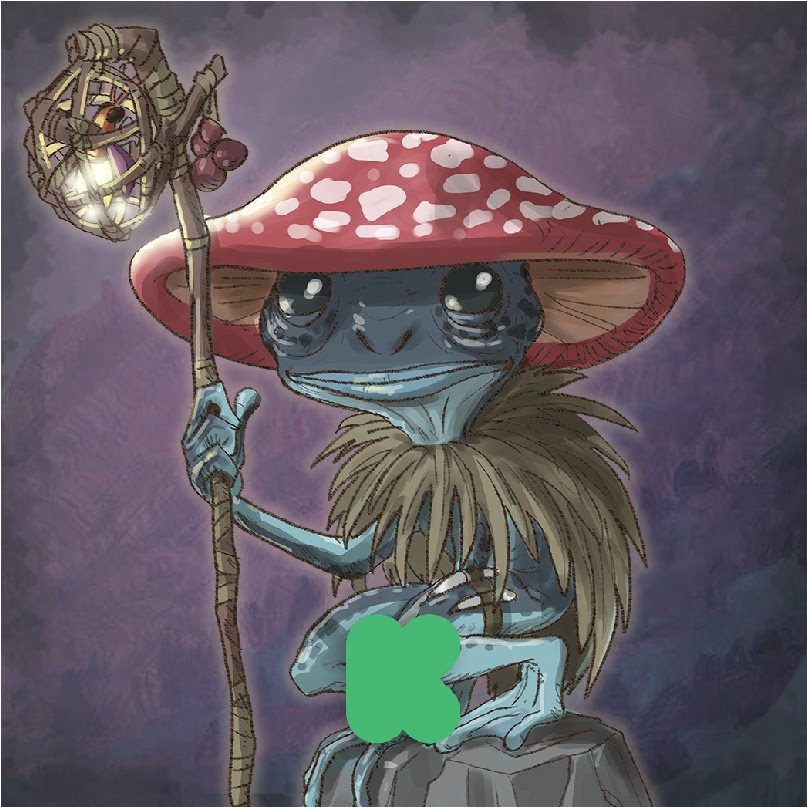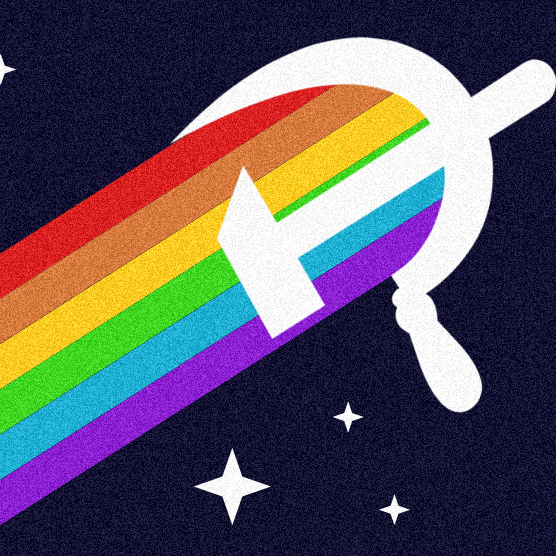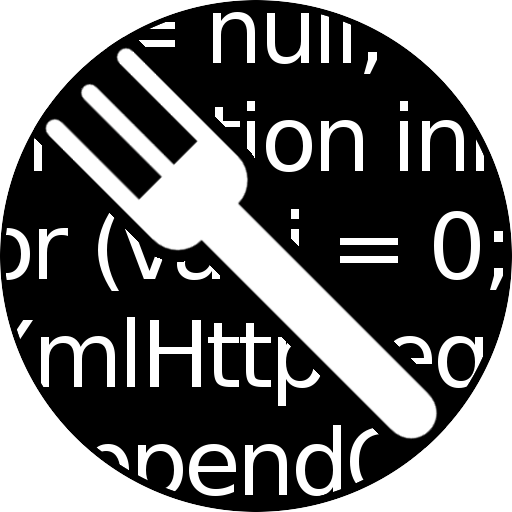Overmorrow refers to the day after tomorrow and I feel like it comes in quite handy for example.
Vulgar Argot - a word or phrase that is obsolete or incredibly obscure.
Borborygmus I use often enough, but it’s not widely known. It’s the gurgling sound produced by the movement of gas through your intestines.
Limaceous I almost never use, but I enjoy it anyway. It means characteristic of or pertaining to slugs.
And lastly, tawdry is one of my favorites meaning showy but cheap and poor quality.
The are all great, but tawdry is fantastic!
Rolls of the tongue, and we all come across several tawdry things/people in a given day.
I don’t think tawdry is archaic. A little uncommon, but still in use.
At least 20 years of having slugs as a special interest and I never heard the word limaceous?? Thank you for correcting this!
Now to find out if it actually has specific academic usage and the biologists will execute me if I use it regarding slugs outside the superfamily Limacoidea.
No one mentioned “niggardly” yet? What’s going on?
I don’t understand, why is that your word?
It’s an obsolete and relatively obscure word that I think a lot of people don’t know - because if most people did know it, no one would ever have gotten into trouble for using it.
https://en.wikipedia.org/wiki/Controversies_about_the_word_niggardly
Yeah, I know the word, just I’ve only ever heard it used by smug assholes with “guess what I almost said” expressions on their faces.
For those that can’t believe it’s not a racial slur.
Niggard (14th C) is derived from the Middle English word meaning ‘stingy,’ nigon, which is probably derived from two other words also meaning ‘stingy,’ Old Norse hnǫggr and Old English hnēaw.[2] The word niggle, which in modern usage means to give excessive attention to minor details, probably shares an etymology with niggardly.[3]
An ultracrepidarian—from ultra- (“beyond”) and crepidarian (“things related to shoes”)—is a person considered to have ignored this advice and to be offering opinions they know nothing about.
The word is derived from a longer Latin phrase and refers to a story from Pliny the Elder
The phrase is recorded in Book 35 of Pliny the Elder’s Natural History as ne supra crepidam sutor iudicaret[1] (“Let the cobbler not judge beyond the crepida”) and ascribed to the Greek painter Apelles of Kos. Supposedly, Apelles would put new paintings on public display and hide behind them to hear and act on their reception.[2] On one occasion, a shoemaker (Latin sutor) noted that one of the crepides[a] in a painting had the wrong number of straps and was so delighted when he found the error corrected the next day that he started in on criticizing the legs.[2] Indignant, Apelles came from his hiding place and admonished him to confine his opinions to the shoes.[2] Pliny then states that since that time it had become proverbial.[2]
Defenestration. Throwing someone out of a window. Example the defenestration of prague
See also, defenestration trilogy
I like to make the joke whenever someone mentions a Russian doctor falling out of a window or something:
There’s defense and there’s defenestration.
It’s composed of de- an fenestra, the latter meaning window.
So literally de-windowing
And Russian oligarchs
Removed by mod
Sometimes I feel like I’m still the only person who still uses it. I’m teaching my daughter the proper way to use it because the schools aren’t.
Uxorious: devoted to one’s wife.
Uxor, Uxoris, f. (Latin) = wife
Something I learnt recently and which is rampant on gay social apps: sphallolalia - flirting that doesn’t lead to meeting irl.
What a great word in today’s dating scene. Is it an older word that has been modified to be more modern?
Rob is a name in English. Rob means slave in Bosnian.
deleted by creator
overmorgen, in Dutch. I heard this ‘overmorrow’ word a couple times as a response in that they wish it did exist
And übermorgen in German
And övermorgon in Swedish
“Thrice” is a somewhat obscure word that otherwise fits.
“Adventitious” is a good one. It means “non-inherent” or “acquired” (as opposed to inherent.)
measure thrice, cut twice.
Overmorrow refers to the day after tomorrow
Figured the other way around might be as obscure…
nudiustertian: relating to the day before yesterdayYikes
the german version “Übermorgen” is widely used in germany.
Yes, I learned English here in Austria and I remember classmates asking the teacher how to say “vorgestern” and “übermorgen” in English.
We didn’t learn the words “ereyesterday” and “overmorrow” that day, only “the day before yesterday” and “the day after tomorrow”. :(
Overimorgen is widely used in Norwegian.
To add to that, “ereyesterday” is the noun version for the day before yesterday.
Never saw this one before and not sure how to pronounce it while the German Vorgestern is as commen as Übermorgen.
English on the other hand has fortnight which I think is very cool as we don’t have a special word for 14 days
A little off topic but I find these words extremely interesting that have no direct translation as they often give a new perspective on things or concepts.
https://en.wikipedia.org/wiki/Widdershins
Just because it sounds cool.
Yesss. I love this word and use it whenever I can
And don’t forget turnwise! (which is the opposite rotational direction defined by the direction the disc turns)
Sounds useful in Minecraft. Like you put a sign in a cave “exit widdershins” to tell people to follow the left wall.
In an emergency, you can also exit widdoutershins.
Widdershins start my hair, your Spooktober decorations are so spooky!!!
Sounds like a creature that would have a lot of creepypasta written about it.
Brobdingnagian.
It’s a very big word that means very big.
It comes from Gulliver’s travels. The Brobdingnagians are giants, 12 times the height of humans. The word isn’t limited to that scale, but it’s definitely for things that are unusually large compared to us.
It’s the literal opposite of Lilliputian, which is from the better known race from “Travels” that are 1/12 our size.
It’s my absolute favorite word. Not just because it’s a literary reference but it’s fun to say. Brob ding nag ian. It just burbles off the tongue like a drunken stream stumbling among the rocks of its bed. And, it’s a big word that means big, which is just fun wordplay. Like the phobia of big words, hippopotomonstrosesquippedaliophobia, which was inevitable as soon as the idea of a phobia of big words was conceived.












